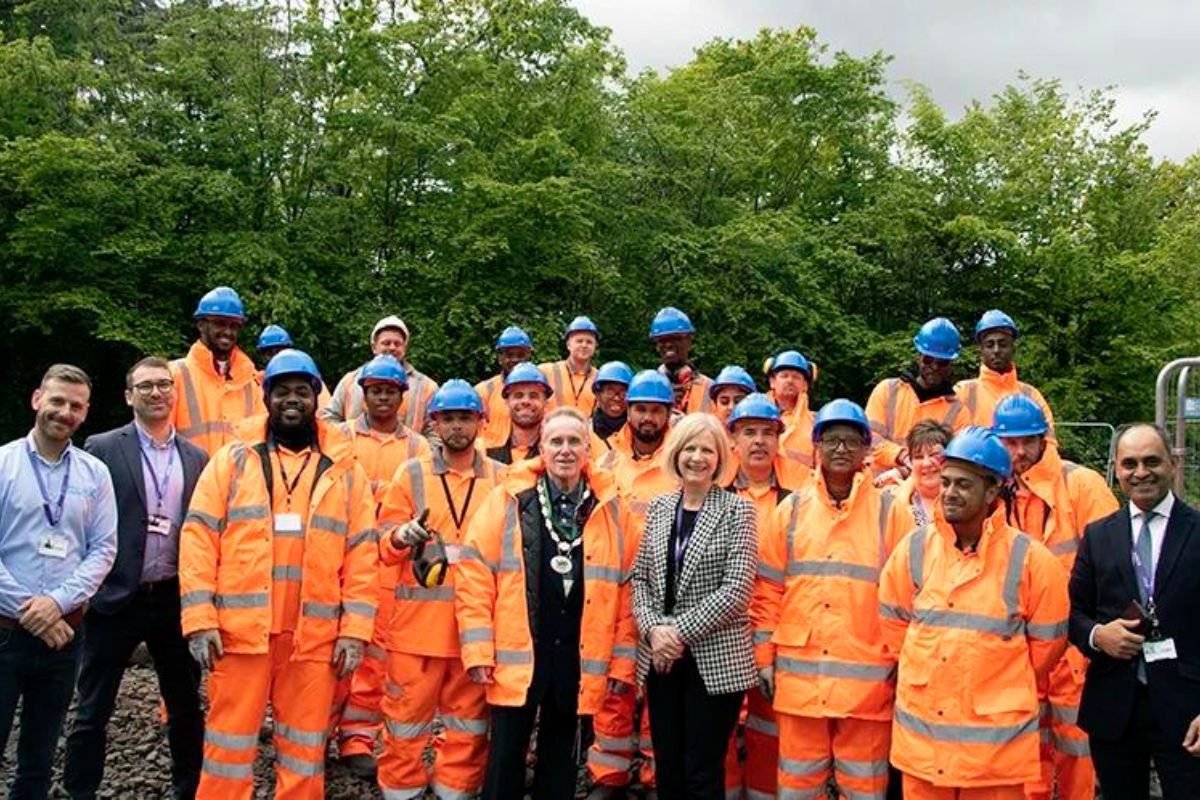Thwarting Dissatisfaction at Work: Are Apprenticeships The Answer?

Nichola discusses the UK’s low job satisfaction and its impact on productivity and staff retention. She suggests that offering apprenticeships and training opportunities to employees of all ages can boost job satisfaction, fill skills gaps, and reduce the need for new hires, ultimately improving the UK’s overall happiness and economic growth.
UK Ranked as Second Most Miserable Country
Earlier this year, the UK was named as the second most miserable country in the world in a ‘Mental State of the World Report.’ Factors playing into this included the current cost-of-living crisis, which is affecting the majority of the UK population, as well as a distrust in current politicians. What the report failed to mention, however, was the nation’s lack of job satisfaction, which arguably has a significant role to play in our country’s ranking.
Low Job Satisfaction Impacts Productivity and Retention
According to recent research published in the State of the Global Workplace 2023 report, 90% of UK workers have admitted to being unhappy at work, with half of the respondents wanting to make a career change.
The fact is, low job satisfaction can lead to a reduction in productivity, growth and staff retention, with businesses needing to recruit new talent to fill in gaps.
Despite this, the report also showed the reluctance of many workers to quit their jobs, with many citing the lack of confidence in the current job market as their reason for staying. What’s left is an unhappy, often angry, workforce with low motivation to perform. Happy workers have been shown to boost productivity within an organisation by 13%, so ensuring satisfaction at work should be a higher priority for employers.
Training and Upskilling Can Boost Job Satisfaction
So, how can employers keep their employees engaged, happy and reduce staff turnover? We believe the answer is quite simple: training.
Alongside being labelled as miserable, the UK also lags behind other European countries when it comes to upskilling and training employees as well as new recruits. Developing new skills, or upskilling employees allows employers to show their commitment to their employees’ growth, while presenting individuals with opportunities that align with their career interests. This, in turn, leads to improved job satisfaction and encourages employees to remain within their current organisation long-term.
UK Government Initiatives for Training and Apprenticeships
In line with this, the UK government recently introduced various policies that help businesses train employees, including the promise to create 20,000 more apprenticeships and the £34 million boost for Skills Bootcamp.
Overcoming Stereotypes Around Apprenticeships
That being said, there is still a challenge for businesses to overcome – the stereotype that apprenticeships are meant for individuals under the age of 25. Research has also shown that the majority of 25-34 year olds are more resistant to switching careers despite wanting to, due to the cost of retraining, lacking awareness and being weary of needing to start from scratch – which the offer of an apprenticeship can solve.
Benefits of Apprenticeships for Businesses
By offering apprenticeships as retraining schemes for current employees, businesses are able to fill in existing skills gaps within their company. They are also able to skip the search for new talent to hire, which is incredibly valuable when the current hiring landscape is being dominated by the so-called ‘war for talent’ – a struggle which is stunting growth for many UK businesses, with around 75% facing talent shortages.
Apprenticeships for All Ages
Anyone can undertake an apprenticeship, no matter their age, skill level or background. In addition, apprenticeships offer individuals the opportunity to train in a new skill while earning a salary or retrain within their job role in order to grow within the company. This presents individuals with the opportunity to change or start a career with the security of earning an income and being equipped with the knowledge that they will have a job at the end of their training. We believe this can be the answer to boosting the UK’s happiness and job satisfaction. Why? Young people joining the workforce won’t have to worry about student debt due to the ‘earn while you learn’ model, while those already employed within an organisation will feel more valued by their employers who are investing time into their professional development and careers.
Conclusion
Ultimately, apprenticeships and on-the-job training are a great way for businesses to help reposition the current attitude toward work and career changes within the country. Workers will be able to build their confidence by training, re-training or upskilling their roles and moving into an area that they will feel more satisfied in, while having job security. This will boost the UK economy by increasing productivity within businesses and decreasing employee turnover.
In turn, we hope to see a shift in mindset towards work amongst the UK population and the UK no longer be the home to one of the most dissatisfied workforces in all of Europe.
By Nichola Hay, director of apprenticeship policy and strategy at BPP











Responses